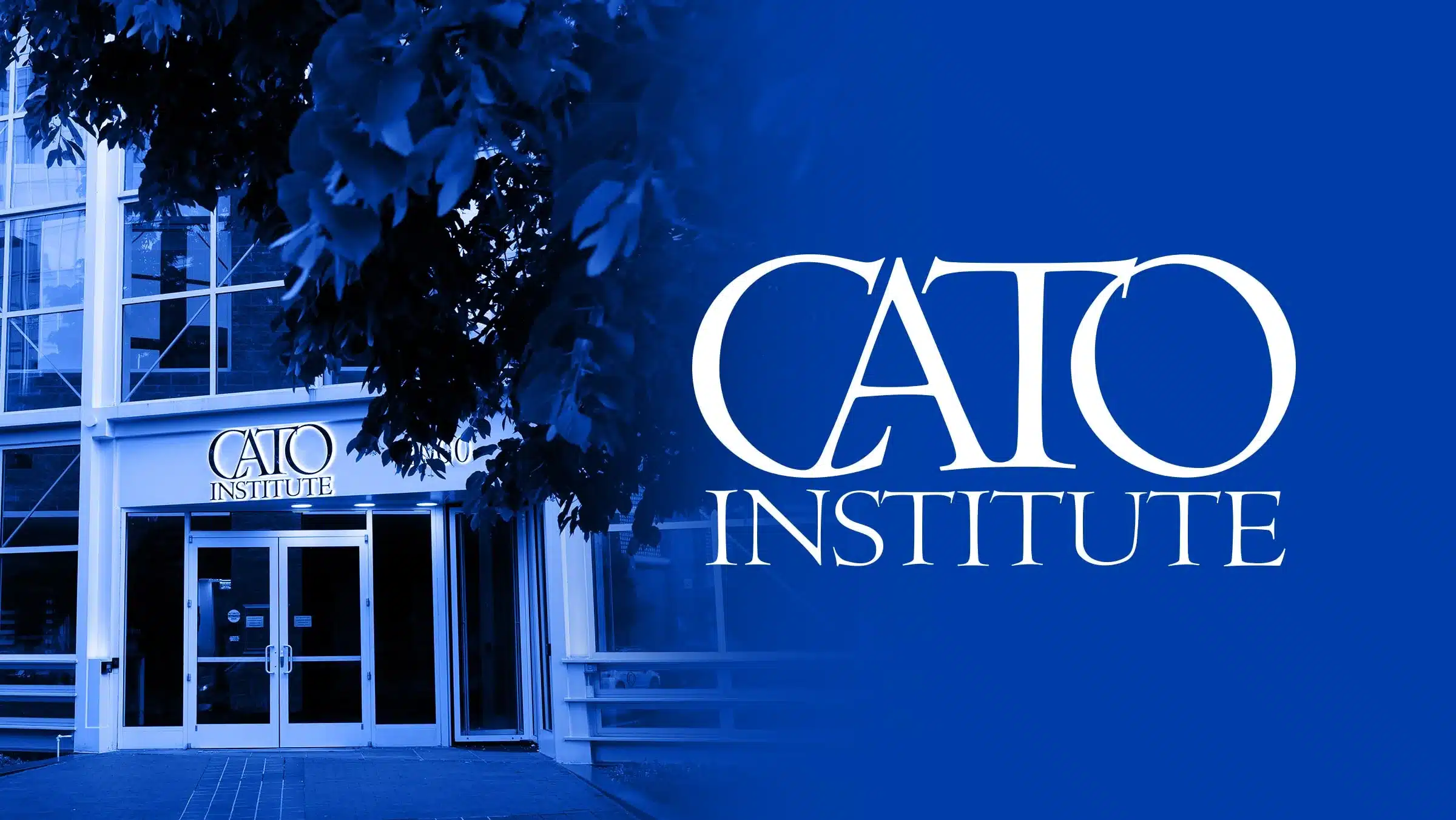Start Pages: CATO Institute

CATO Institute
CATO Institute: Advancing Libertarian Ideas for a Free Society
The CATO Institute is a think tank for libertarians based in Washington, D.C. In 1977, Edward H. Crane, Charles Koch, and Murray Rothbard got the idea. The center aims to spread the ideas of peace, human freedom, limited government, and free markets. Here is a complete guide to the CATO Institute, including its background, ideas, areas of interest, and important contributions:
- Research Topics and Policy Focus: Cato focuses on various issues, including economics, fiscal policy, health care, criminal justice, international relations, and civil liberties. The center does studies, puts out papers, and looks at different problems from a libertarian point of view. CATO ‘s policy suggestions often require less government involvement and more market-based answers to societal problems.
- Notable Contributions and Influence: Cato Institute experts have contributed to libertarian thought and policy arguments. They have changed how people talk about free trade, tax reform, privatization, deregulation, criminal justice reform, and foreign policy. People have used CATO ‘s study and analysis in scholarly writing, policy papers, and court cases. Scholars from the school have appeared in front of Congress and given lawmakers their professional views.
- Events and Programmes: CATO holds workshops, seminars, and speeches to bring together politicians, researchers, and the public. These events are places where libertarian ideas and policies can be discussed and promoted. CATO also has training programs, jobs, and grants to help future leaders of the libertarian cause learn and grow.
- Complaints and controversies: Like any other belief tank, the CATO Institute has dealt with complaints and arguments. Some critics say that CATO’s policy views put free markets ahead of other social values too much or that it gets money from groups that agree with its libertarian goal. Critics may also disagree with specific policy ideas that CATO experts have put forward. It is essential to look at material from different points of view and analyze it seriously.
A Champion Of Individual Liberty: CATO Institute’s Enduring Legacy
The CATO Institute has remained at the front of the fight for human freedom as a core value for decades. The institute has left a lasting mark on the libertarian movement by staying committed to protecting civil rights, arguing for limited government, and defending free markets. The CATO Institute is now a recognized voice for those who want a society that upholds personal freedom and voluntary agreement because of its steadfast commitment to protecting individual rights.
Research and Policy Analysis: Rigorous Scholarship for Libertarian Solutions
The CATO Institute has a big effect because it studies and analyses policy well. CATO ‘s scholars dig deep into important problems and develop thorough studies based on libertarian ideas. Their research offers evidence-based views and useful ideas that align with the institute’s commitment to freedom.
By completing the gap between theory and practice, the CATO Institute’s study gives lawmakers and the general public the intellectual tools they need to solve difficult social problems from a libertarian point of view.
Advocacy and Outreach: Amplifying Libertarian Ideas to a Wider Audience
The CATO Institute understands how important it is to spread liberal ideas to more people. Through lobbying and education, the center has an effect beyond the academic world.
CATO interacts with lawmakers, the media, and the general public in several ways, such as through public events, journals, and online venues. CATO wants to help people from all walks of life understand and appreciate libertarian ideas by sharing easy-to-understand material and having productive conversations.
Shaping Public Policy: CATO Institute’s Impact on Legislative and Regulatory Landscape
The CATO Institute’s impact goes beyond academic debate and shows up in real policy changes. CATO ‘s scholars work closely with lawmakers and officials, giving them new libertarian ideas that push how people usually think.
Through expert analysis and convincing lobbying, the institute has helped shape congressional plans and changes to tax, criminal justice, and economic policy rules. The CATO Institute’s dedication to policy solutions based on facts has led to real changes supporting individual freedom and a freer society.
Intellectual Leadership: Driving Policy Discourse on Liberty and Governance
The CATO Institute is a thought leader that drives policy discussions about freedom and government. Its academics participate in heated arguments and add to national and foreign conversations about important topics. The institute contributes to public opinion and policy by releasing research papers, participating in public meetings, and giving expert comments. Through its academic guidance, the CATO Institute ensures that libertarian ideas stay at the head of public debate and policy discussions.
Frequently Asked Questions (Q&A):
What Core Principles Guide the CATO Institute’s Work?
The CATO Institute’s work is based on the core ideas of human freedom, restricted government, free markets, and peace. The institute’s study, policy analysis, and lobbying work are all based on these ideas. CATO thinks the best way to promote wealth, creativity, and personal freedom is to create a society that honors individual freedom, promotes private encounters, and limits government involvement.
Does the CATO Institute advocate for Specific Policy Positions?
Even though the CATO Institute is dedicated to libertarian ideas, it does not support specific party plans or individuals. Instead, CATO promotes ideas and policies that align with its core values. Its scholars do objective study and analysis to come up with suggestions that are based on facts. CATO supports a lively talk of libertarian answers to social problems by giving various views.
How does the CATO Institute engage with Policymakers?
The CATO Institute works with lawmakers in a lot of different ways. Its scientists testify as experts, make policy suggestions, and participate in policy meetings and debates. CATO also puts on events where lawmakers and experts can talk to each other in a useful way. CATO wants to help shape public policy by informing and influencing decision-making. It does this by offering study and policy ideas based on facts.
Does the CATO Institute engage with Critics of Libertarianism?
Yes, the CATO Institute is open to productive conversations and talks with people who disagree with libertarians. CATO knows it’s important to talk to people with different points of view to improve and boost their thoughts. CATO tries to spread a better understanding of libertarian ideas and respond to complaints by having polite and scientifically thorough discussions.
Conclusion
The CATO Institute is a leader in encouraging libertarian ideas because of its long history as a supporter of individual freedom, its thorough research, lobbying efforts, and its effect on public policy. The institute changes policy talks and works for a society that promotes personal freedom, smaller government, and free markets by connecting theory and practice practices, talking to lawmakers, and encouraging academic discourse. It is important for a free and successful society that the CATO Institute works to spread liberal ideas.

